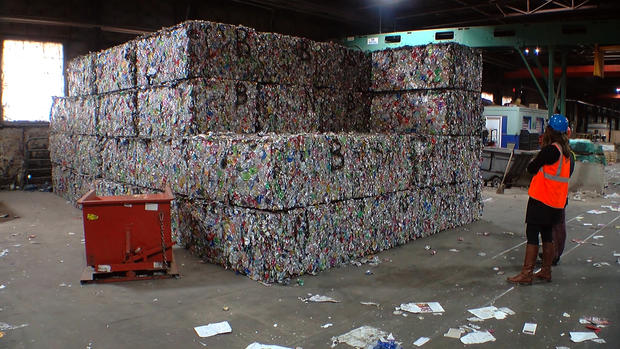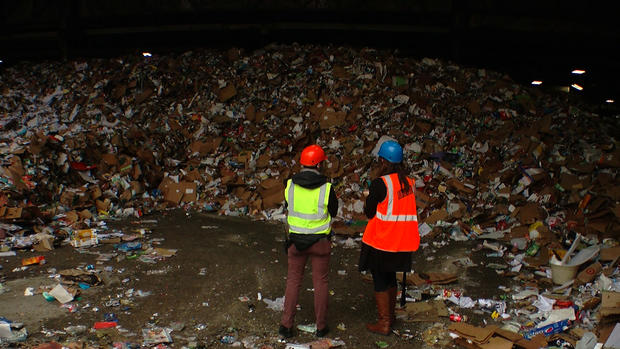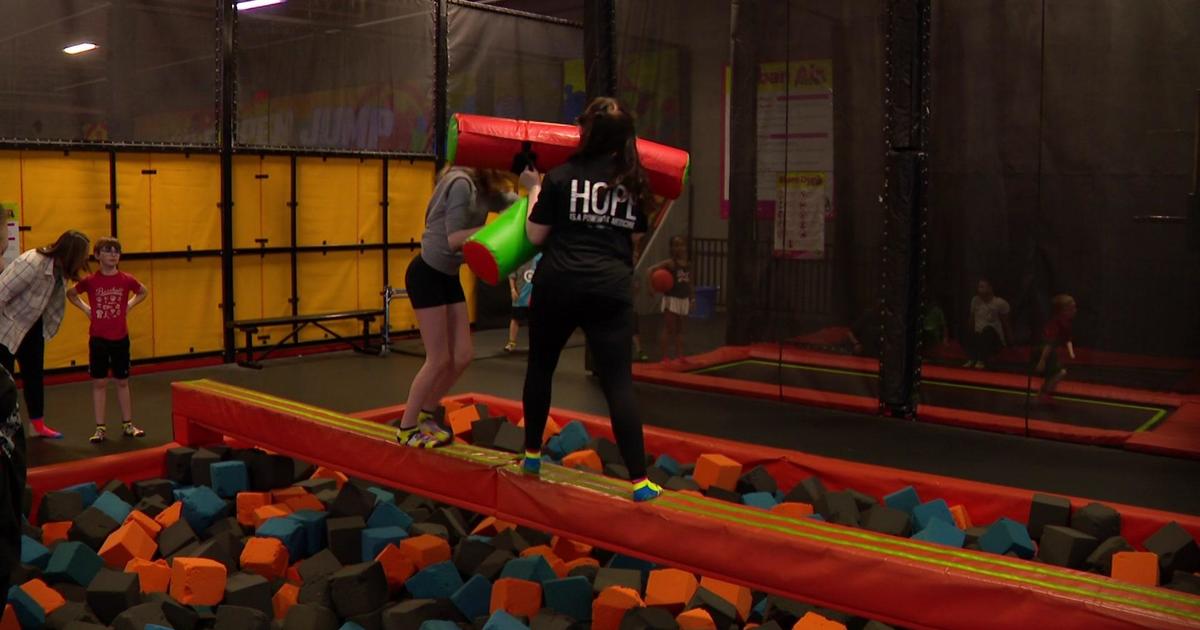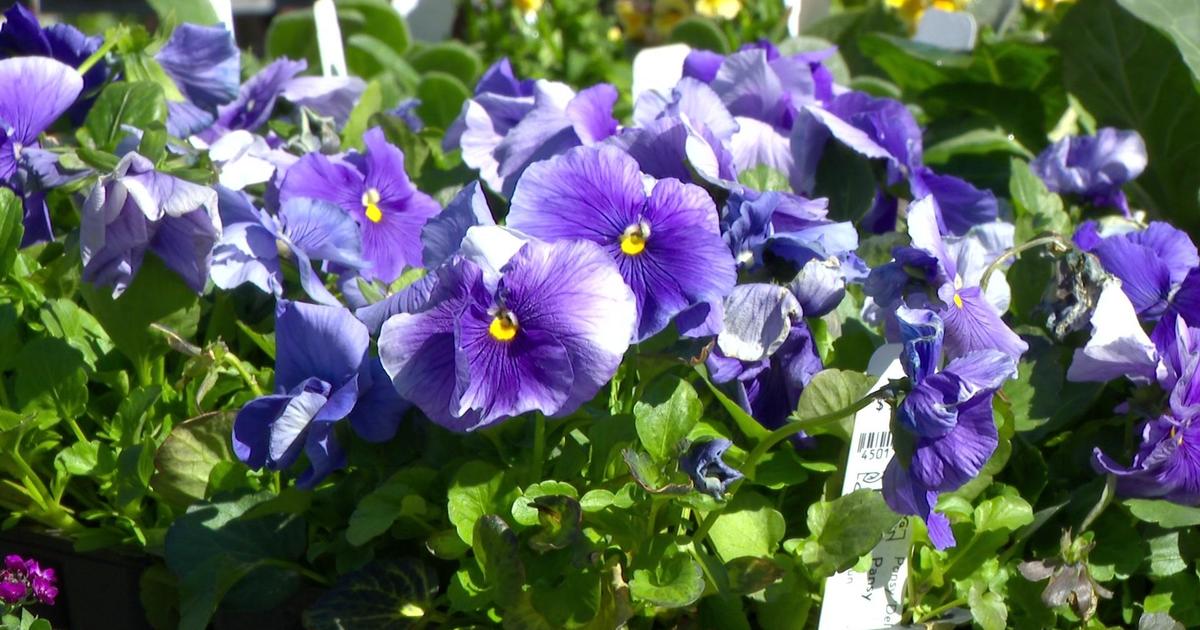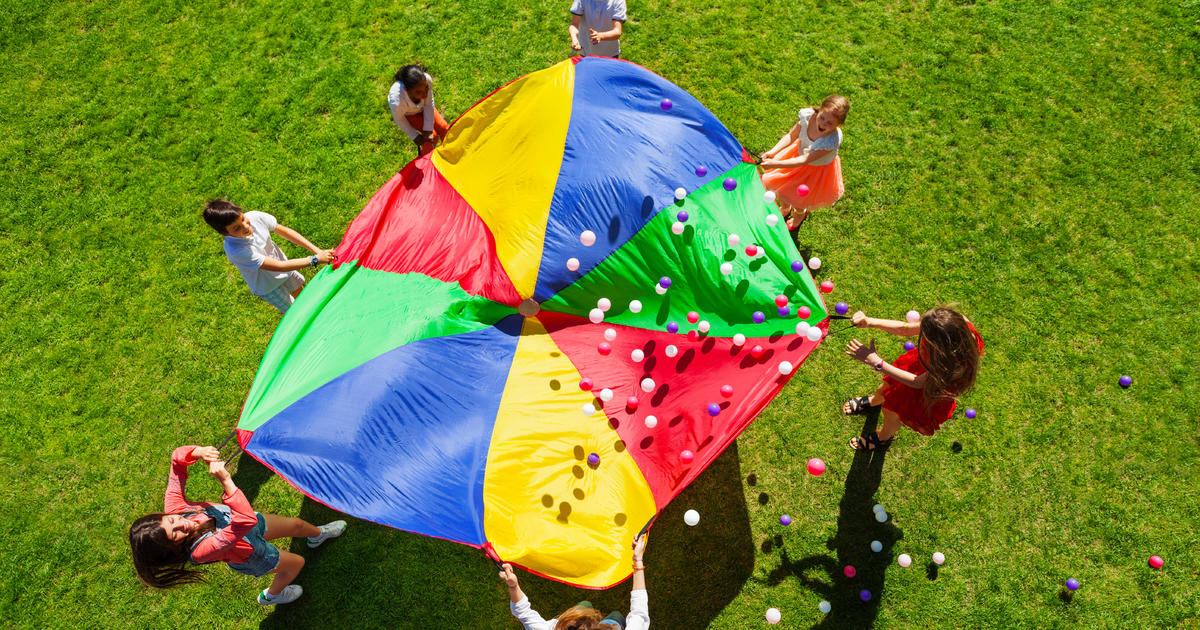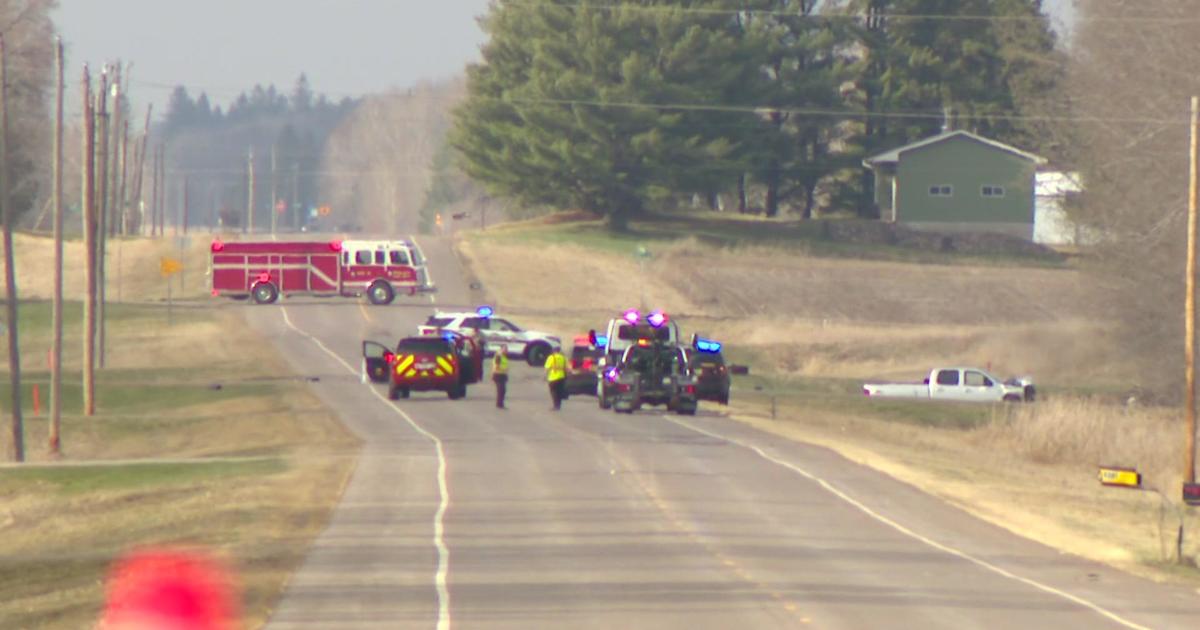Pandemic-Driven 'Wishcycling' Is Causing Big Problems At Recycling Centers
MINNEAPOLIS (WCCO) -- Think about how much your habits changed during the pandemic. All of those shifts are noticeable at local residential recycling facilities, and some of them are causing problems.
WCCO went to the Eureka Recycling facility in Minneapolis that serves residents in cities across the metro to see what we're doing wrong. Lynn Hoffman is Eureka's co-president.
"This discard stream, it really tells stories about what's happening in our communities," Hoffman said.
And if that's true, the story at their facility during the pandemic is that we're drinking at home and ordering online -- a lot.
"We've definitely seen an increase in cardboard, and we've definitely seen an increase in aluminum coming out of people's homes," Hoffman said.
There's a market for all this recycled cardboard, but it has to make it through the sorting facility first, and that can be a challenge.
Cardboard jams from oversized boxes slows crews down on a regular basis. But those boxes aren't the only culprit. Hoffman says plastic bags, black plastics and plastic utensils are trash, but often end up in the recycling bin.
"A lot of our equipment runs on axels, and those bags get all wrapped around and make our equipment way less effective," she said. "So we have to shut down, people have to climb in cut them out with box cutters. They're super problematic."
Hoffman says single-use masks and gloves also go in the trash. All the "wishcycling" we do keeps crews at Eureka busy, as they pull out things like batteries, propane tanks and pots and pans to go to the trash.
"Extension cords, Christmas lights, garden hoses, these kinds of things we get a lot of, and they really wreak havoc on our equipment. They get wound around the gears and the axels," she said.
To be fair, it can be confusing. Take a meal kit insulation for instance.
"Really confusing because look at this: 'Place me in your curbside bin, number one,' and it's just not true," Hoffman said.
Different cities and recyclers accept different things, so you have to check. And that recycle symbol on the packaging doesn't always mean you can actually recycle it. That, Hoffman says, is on the people making the products.
"You find those little arrows on just about every piece of plastic, but it really doesn't mean anything," Hoffman said. "Really it's the manufacturers of those products that aren't being totally truthful and aren't investing in the systems that we need to get those things recycled."
Most paper, cardboard, cans and number-one soda bottles are generally recycled. Same with number-two detergent and milk jugs -- though Hoffmann hopes we can come up with a better solution.
"We're actually a zero-waste nonprofit, so we have a mission to demonstrate that waste is completely preventable," Hoffman said.
She hopes we can all reduce our waste and upcycle what we don't want so it doesn't have to end up at the facility.
"The climate impacts of creating these materials, and honestly even recycling them, it's gonna take real creative solutions from across the supply chain," she said.
"You find those little arrows on just about every piece of plastic, but it really doesn't mean anything," Hoffman said. "Really it's the manufacturers of those products that aren't being totally truthful and aren't investing in the systems that we need to get those things recycled."
Remember that batteries are never tossed or recycled because they're a fire hazard. Black plastics go in the trash. And experts from the Minnesota Pollution Control Agency say cutting our food waste can have a huge impact on the environment.
